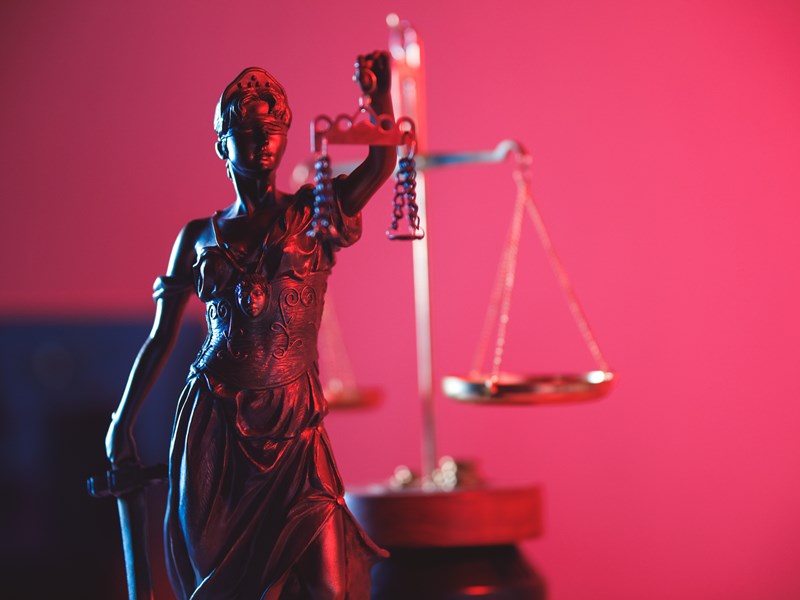Parliament and the courts: Principles of justice

Members of parliament and the judiciary discuss the principles of justice that inform the process of making, applying and reforming laws.
The eight videos in this series feature extracts from a panel conversation on Thursday 3 March 2022.
- Defining the principles of justice
- Practical limitations to the principles of justice
- Principles of justice and legislation
- Separation of powers and interpreting legislation
- Social cohesion versus individual rights
- Different processes for creating equality
- Ways to increase your knowledge of the law
- Reviewing and reforming legislation
Members of the Victorian Parliament and the Victorian Courts discuss the relationship between parliament and the courts, and the principles of justice that inform the process of making, applying and reforming laws. Guests included Her Honour Judge My Anh Tran, His Honour Judge David Sexton and the Hon. Michael O'Brien MP.
These videos are not intended to serve as a definitive resource for the topics covered, however, they do offer useful insights into the perspectives of the experts who took part in this conversation.


